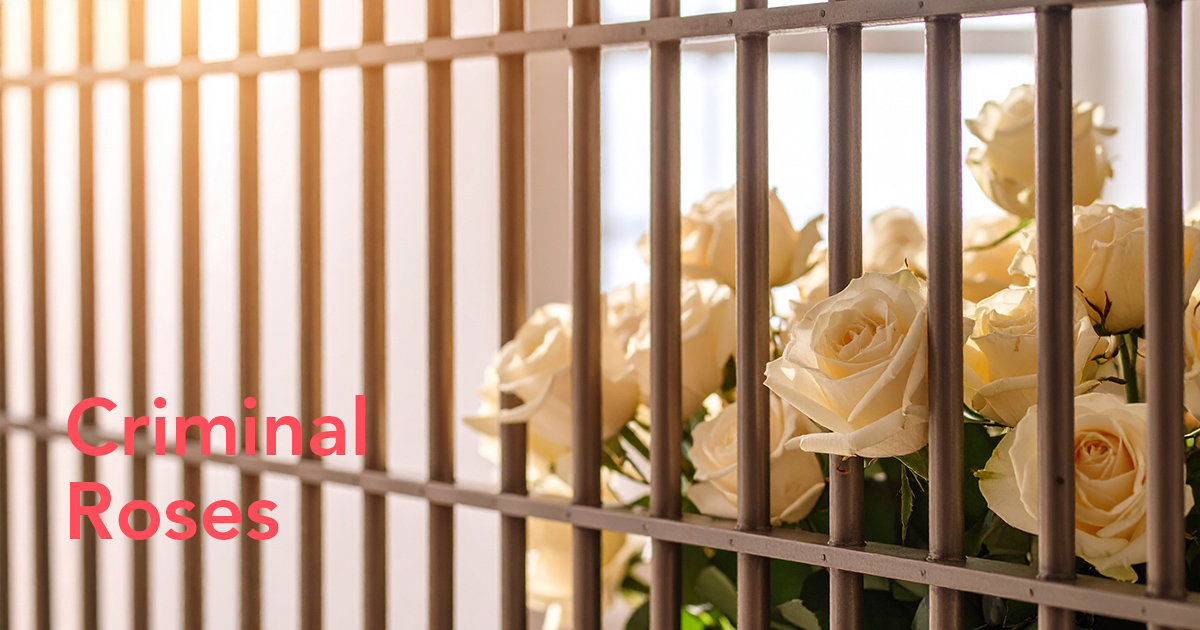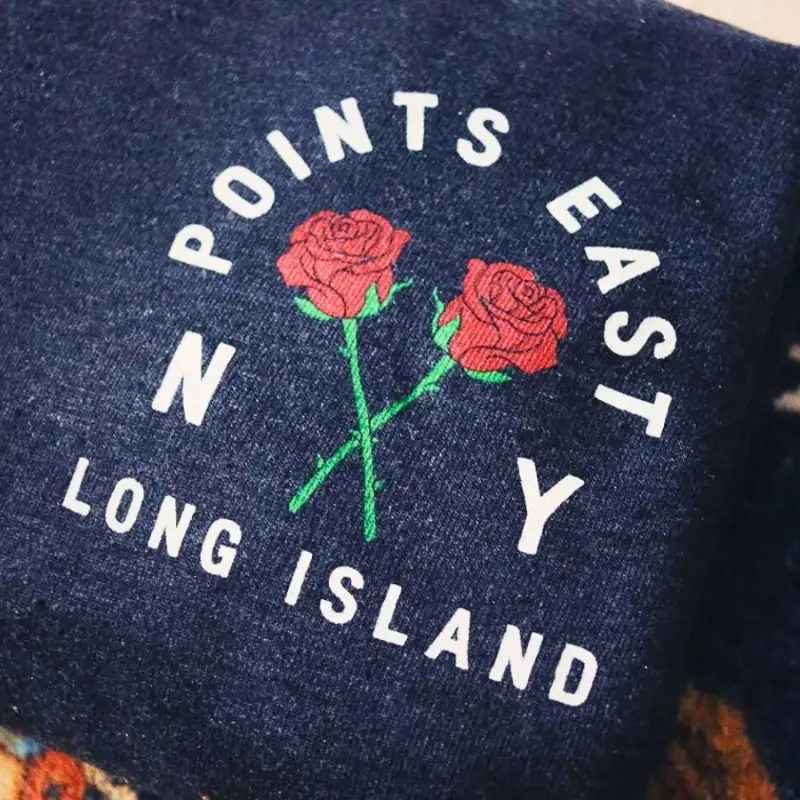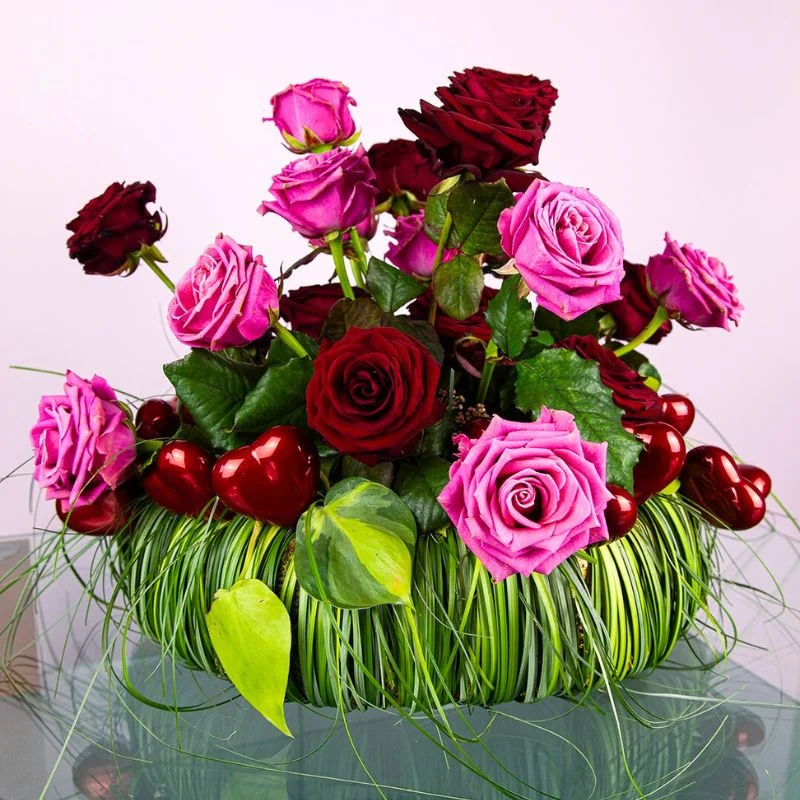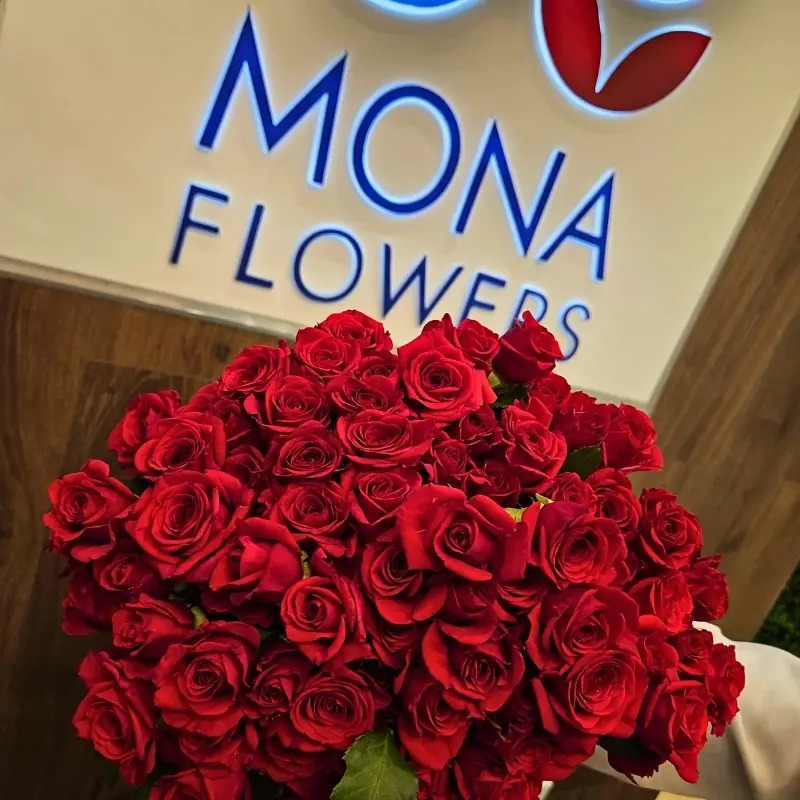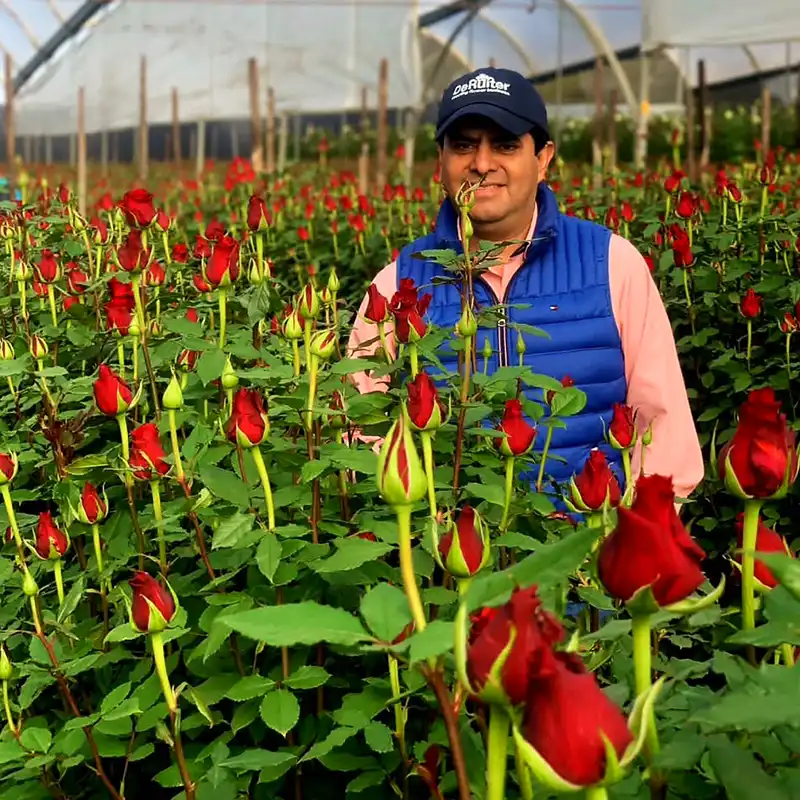This week, there was news on the front against illegal propagation. In a dramatic turn of events at Schiphol International Airport in the Netherlands, a shipment of illegally cultivated roses bound for the European Market was intercepted by the authorities. This was the first step of rapidly developing legal actions directed against several international buyers.
Sourced From Unlicensed Growers
The roses, which were sourced from unlicensed growers and lacked the necessary certification, were seized before they could reach their intended destinations. According to officials, the roses were cultivated without authorization from their respective breeders, bypassing international plant breeder rights law. These posed a direct conflict with regulations supporting quality, sustainability, and fair market competition.
The shipments had been purchased by multiple wholesale buyers, who are now facing legal scrutiny and legislative action for their role in trafficking illegal goods.

The Cost of Cutting Corners
Aviram Krell from breeder Plantec Ecuador stated:
"While the allure of sourcing flowers at a lower price may seem tempting, the consequences of dealing with unlicensed suppliers can be severe. The interception of this shipment highlights the risks of working outside legal frameworks."
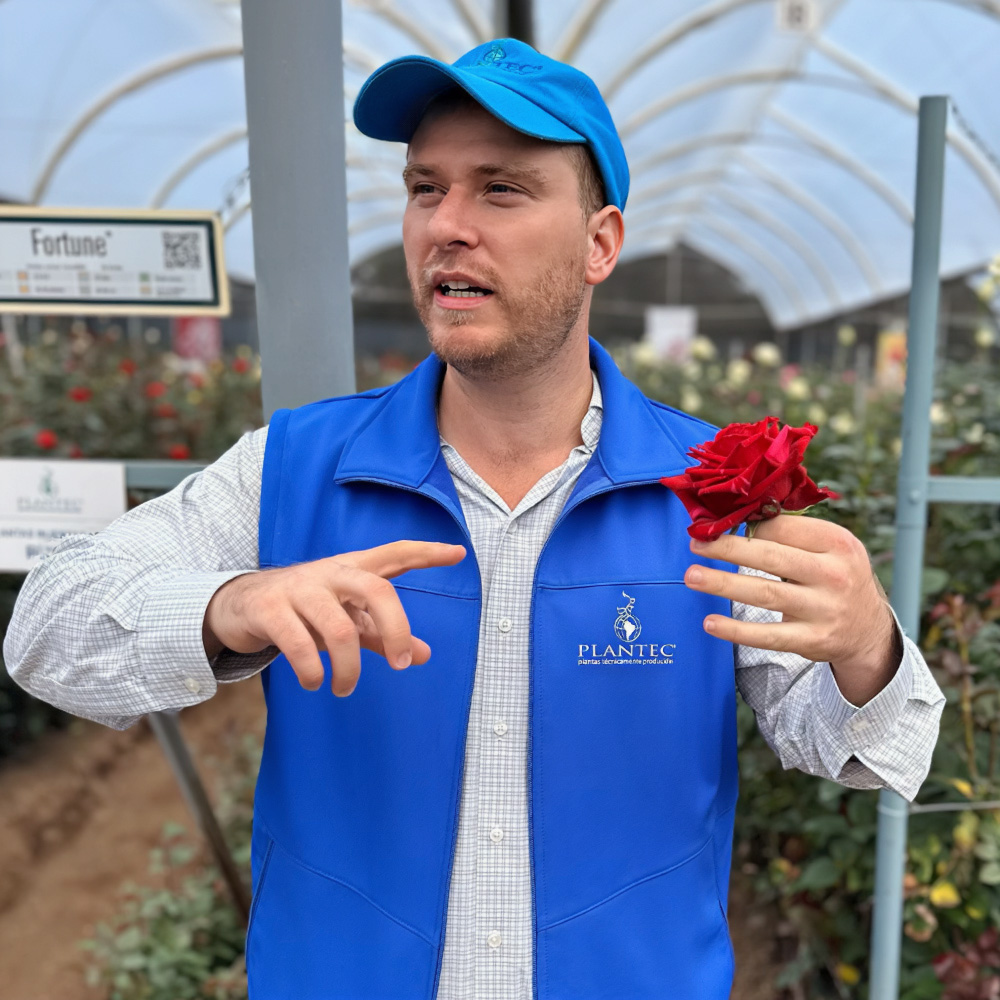
The Importance of Licensed Cultivation
The floral industry operates under stringent regulations to uphold quality control, sustainability, and fair market practices. Working with licensed growers ensures that growers adhere to ethical labor practices, fair trade policies, and that the industry remains competitive and fair, preventing the underhanded dealings from black market destabilizing forces.
For flower buyers, the case serves as a reminder that sourcing from verified licensed growers is not just a legal obligation but a business necessity. Purchasing flowers from unauthorized suppliers will lead to serious consequences that far outweigh the short-term benefits of lower prices.

Stricter Enforcement and Precedent
With this incident setting a precedent, industry stakeholders anticipate increased scrutiny of flower shipments globally. Authorities are expected to ramp up enforcement efforts, and wholesalers must remain vigilant in verifying their suppliers.
Rose varieties that were being illegally trafficked included Rose Mondial (a Kordes Rosen variety), Explorer (an Interplant Roses variety), and several others.
Source of this article: Plantec Ecuador.

